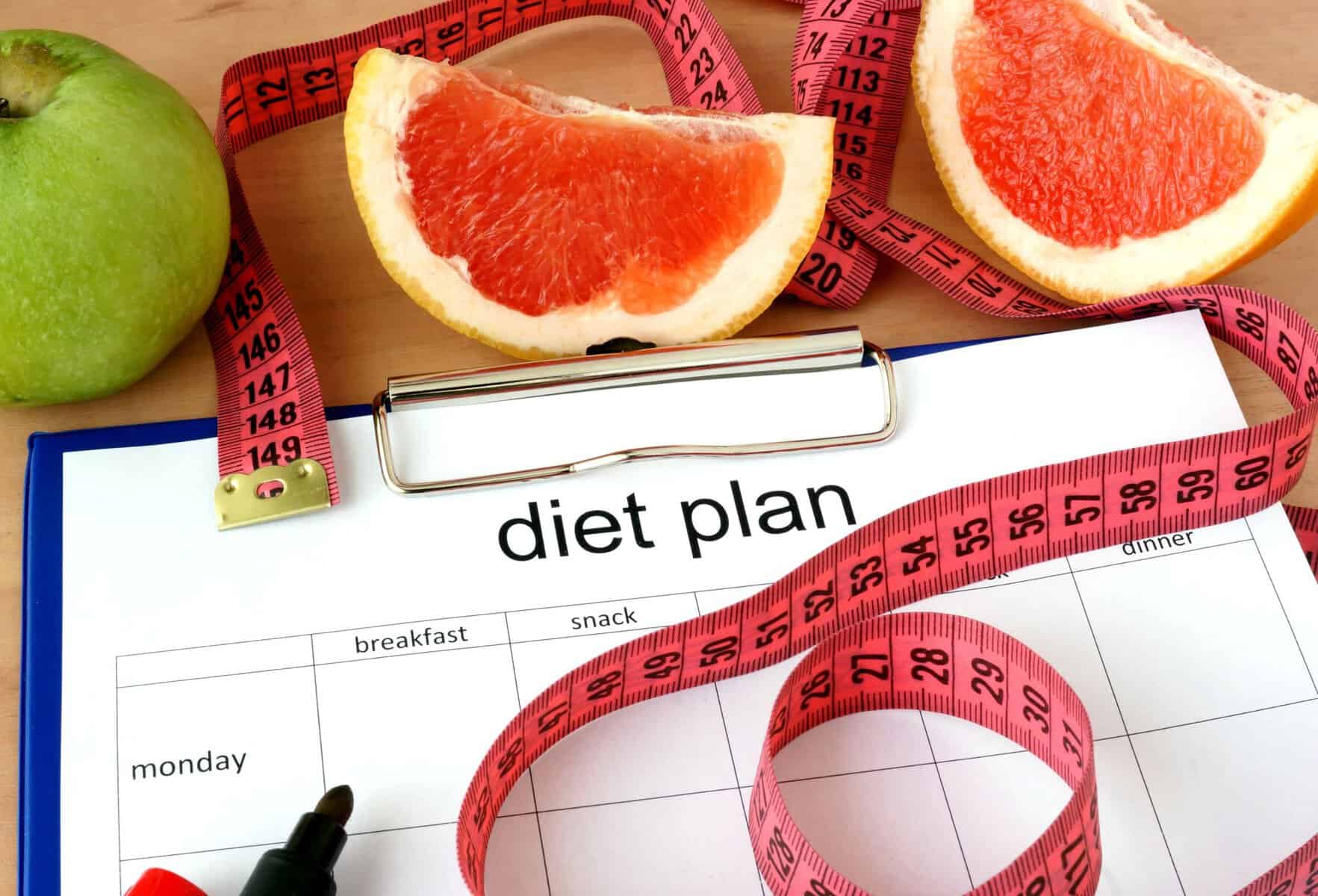 Fad diets can be enticing. The magical marketing makes the answer to long-term problems seem so simple. Add in the fact there are many reasons you might be looking to change your diet or lose weight in a hurry; formal functions, upcoming holidays, getting bikini body ready… However, your aspiration for change, should not come at the cost of your health, your relationship to food, or your wallet.
Fad diets can be enticing. The magical marketing makes the answer to long-term problems seem so simple. Add in the fact there are many reasons you might be looking to change your diet or lose weight in a hurry; formal functions, upcoming holidays, getting bikini body ready… However, your aspiration for change, should not come at the cost of your health, your relationship to food, or your wallet.
So, what is a fad diet? How can you spot one? And what can you do instead? Read on to find out.
What is a fad diet?
A fad is defined by the Oxford Dictionary as ‘an intense and widely shared enthusiasm for something; a craze’. While there is no formal definition agreed upon, a fad diet, is a diet that has become popular despite not following standard dietary recommendations.
Popular fad diets promote dietary plans with restrictive practices, unusual food combinations, rigid eating patterns, and or consist of expensive or unnecessary food products, ingredients, and/or supplements. Fad diets are not a new thing. They have been documented for centuries. The 1820s saw the first version of what we now call the Apple Cider Diet, but initially introduced as ‘The Vinegar and Water Diet’. While the 1930s saw the ‘Grapefruit Diet’ come to fruition. More recently we have seen the ‘Volumetrics Diet’, ‘Keto Diet’, and ‘Raw Food Diet’ gain traction and then slowly fade away again – and in some cases, return.
What is the harm?
Fad diets are problematic in more than one way.
Not only do those that follow fad diets experience a myriad of symptoms including dehydration, weakness, headaches, constipation, and malnutrition, they are also set up to fail.
Fad diets are difficult to follow for lengths of time, due to the rigid rules and imposed limits. As such ‘dieters’ are sucked into a cycle of weight loss and regain as they attempt to avoid food groups and ignore their internal hunger cues, as they get sucked into the next miracle.
While it is not untrue that fad diets can lead to weight loss, what they don’t tell you is that often this weight loss is from your muscle mass and fluids – not the fat stores you are trying to shrink around your hips, thighs, and belly. Losing muscle mass affects your strength, endurance, and your metabolism. But more than that, losing muscle mass is a sign of malnutrition.
Therefore, the question is raised: is quick and easy weight loss worth it? When your relationship with food is affected and you have yet to master the skills to manage your diet and weight in a healthy manner – my answer is ‘no’. Fad diets are not worth it!
How to spot the fads from the fiction?
With over one hundred different diets advertising themselves as weight loss diets, it can be hard to tell which is a fad and which is fiction. It becomes even more challenging when you throw in celebrity endorsements, social media influencers, and everyone that has an opinion. However, there are some easy ways to tell if you have stumbled across yet another fad diet…
- Promotes a quick fix to your problem (i.e., “lose 10kg in 10 days!”).
- Recommends a ‘magic’ food or combination of foods (i.e., The Grapefruit Diet, and Apple Cider Vinegar Diet).
- Eliminates one or more of the core food groups (i.e., Keto and Atkins Diet).
- Lists foods as good or bad (i.e., Low Fat Diet, Low Carb Diet, Weight Watchers, and Paleo).
- Implies food can change body chemistry (i.e., The Alkaline Diet).
- Enforces rigid rules that focus on weight loss (i.e., Intermittent Fasting).
- Makes recommendations to help sell a product (i.e., Herbalife).
- Advertises that you can lose weight in a specific area of your body (i.e., “banish the belly fat”).
And lastly,
- Makes claims that sound too good to be true (i.e., The No-Exercise Diet, and “eat as much as you want and still lose weight!”).
What can you do instead of a fad diet?
While we all would love a quick fix, the best solution to fixing a long-term problem, is taking the time to resolve the underlying issues through lifestyle change.
The answer to your problem is not following a fad diet – as after all, you can lose weight without restriction (read more here). The key is balance. And if you don’t know what that looks like, and want some support, our team is more than happy to help!
Book a consultation today to get individualised, evidence-based nutritional advice that will help you achieve long-term results.
References
- Cleveland Clinic. Fad Diets: Diet, Types, Tips. Cleveland Clinic. URL: https://my.clevelandclinic.org/health/articles/9476-fad-diets(date of access: 07/19/2022).
- Khawandanah J., Tewfik I. Fad Diets: Lifestyle Promises and Health Challenges. Journal of Food Research. 2016. Vol. 5, no. 6. P. 80. URL: https://doi.org/10.5539/jfr.v5n6p80(date of access: 19.07.2022).
- Malik, N., Tonstad, S., Paalani, M., Dos Santos, H., & Luiz do Prado, W. (2020). Are long-term FAD diets restricting micronutrient intake? A randomized controlled trial. Food science & nutrition, 8(11), 6047–6060. https://doi.org/10.1002/fsn3.1895
- Stewart, T. M., Martin, C. K., & Williamson, D. A. (2022). The Complicated Relationship between Dieting, Dietary Restraint, Caloric Restriction, and Eating Disorders: Is a Shift in Public Health Messaging Warranted? International Journal of Environmental Research and Public Health, 19(1), 491. https://doi.org/10.3390/ijerph19010491
- Tahreem, A., et al. (2022). Fad Diets: Facts and Fiction. Frontiers in Nutrition. Vol. 9. URL: https://doi.org/10.3389/fnut.2022.960922(date of access: 19.07.2022).
- Vidianinggar, M., Mahmudiono, T., & Atmaka, D. (2021). Fad Diets, Body Image, Nutritional Status, and Nutritional Adequacy of Female Models in Malang City. Journal of nutrition and metabolism, 2021, 8868450. https://doi.org/10.1155/2021/8868450



